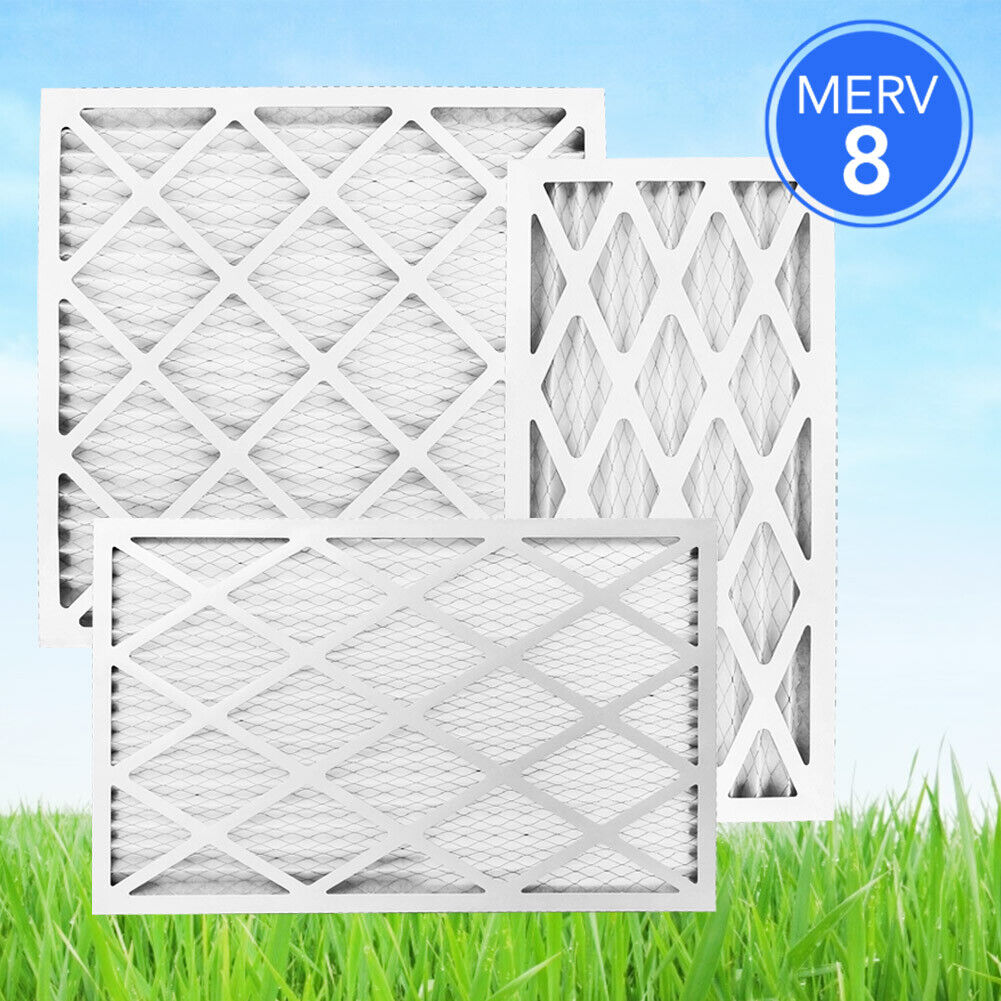Understanding the Function and Importance of MERV Ratings
If you’re a homeowner or renter in Las Vegas, one of the most important factors to consider when buying an air filter is the MERV rating. In a city known for its dry desert air and dust, having the right air filter is essential for maintaining good indoor air quality and protecting your HVAC system.
Whether you’re replacing your filter for the first time or trying to improve airflow and efficiency, here’s everything you need to know about MERV ratings and why they matter for homes in Las Vegas.

What is a MERV Rating?
According to the U.S. Environmental Protection Agency, MERV stands for Minimum Efficiency Reporting Value. It measures an air filter’s ability to capture particles between 0.3 and 10 microns—like dust, pollen, pet dander, and even bacteria.
The higher the MERV rating, the more pollutants the filter blocks. Here’s a quick breakdown:
| MERV Rating | % of Pollutants Blocked |
|---|---|
| 1–5 | 20% |
| 6 | 35% |
| 7 | 50% |
| 8 | 70% |
| 9 | 75% |
| 10 | 80% |
| 11 | 85% |
| 12–13 | 90% |
| 14–16 | 95% |
Should You Buy the Highest MERV Rating?
Not necessarily. While it might seem like a MERV 16 filter is the best option, it can actually be too restrictive for residential HVAC systems, especially in hot climates like Las Vegas, where A/C units work overtime.
High-MERV filters reduce airflow, which can cause your evaporator coil to freeze. This leads to system breakdowns and costly repairs. So, higher isn’t always better when it comes to MERV.
Why High Ratings Can Be Harmful
HEPA filters (High-Efficiency Particulate Air) have very high MERV ratings, often exceeding MERV 13. While they’re great at filtering pollutants, they can restrict airflow so much that your HVAC system struggles to operate efficiently.
In Las Vegas, restricted airflow combined with extreme heat can cause evaporator coils to ice up, leading to AC failure and damage that’s expensive to fix. Essentially, a filter with a MERV rating that’s too high can act like a dirty filter—even when it’s brand new.
Best Rating for Las Vegas Homes
For most homes in Las Vegas, we recommend pleated filters with a MERV rating between 8 and 13.
Why? These filters offer the ideal balance between filtration efficiency and proper airflow. The pleats increase the surface area, allowing them to trap more dust and debris without straining your HVAC system. Plus, they’re affordable and easy to find.
How Often to Replace Your Air Filter
Changing your air filter regularly is just as important as choosing the right MERV rating. Depending on your home’s environment—number of residents, pets, and how often your system runs—your replacement schedule may vary:
| Rating | Replacement Frequency |
|---|---|
| 1–6 | Every month |
| 7 | Every 1–2 months |
| 8–13 | Every 2–3 months |
| 14–16 | Every 1–3 months |
If you’re in Las Vegas, you may want to check your filter more often during allergy season or summer months when your AC is running constantly.
Choosing the right rating is essential for protecting your HVAC system and improving air quality, especially here in Las Vegas, where dust and allergens are common. Not sure which filter is best for your home or when to replace it? Let our HVAC experts help. Book an appointment today with Mr. Gates HVAC and let us handle your air filter needs with professional care and convenience. Breathe easier knowing your system is in the right hands!
